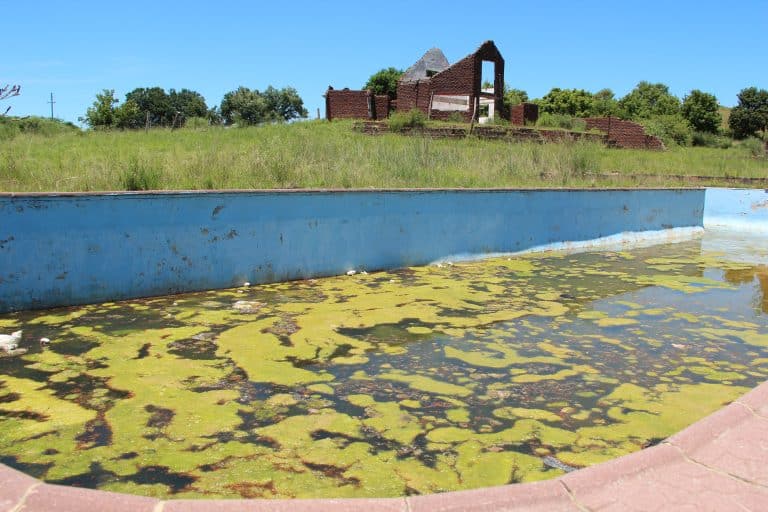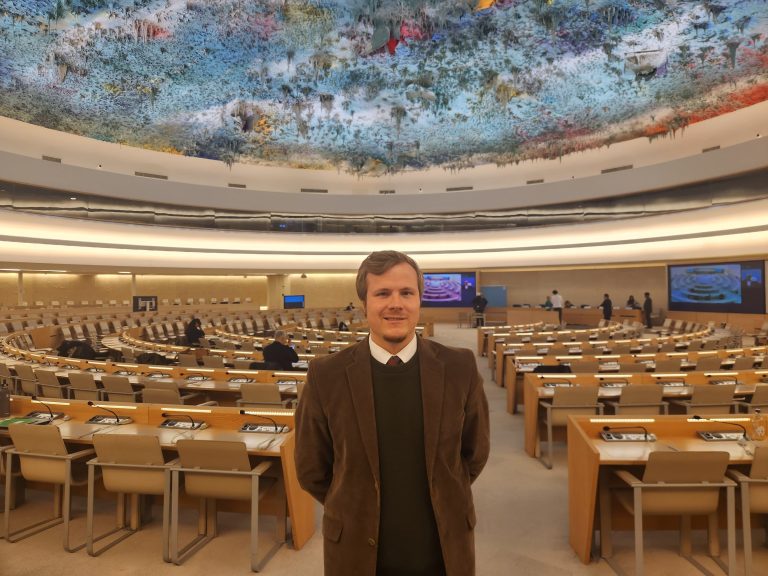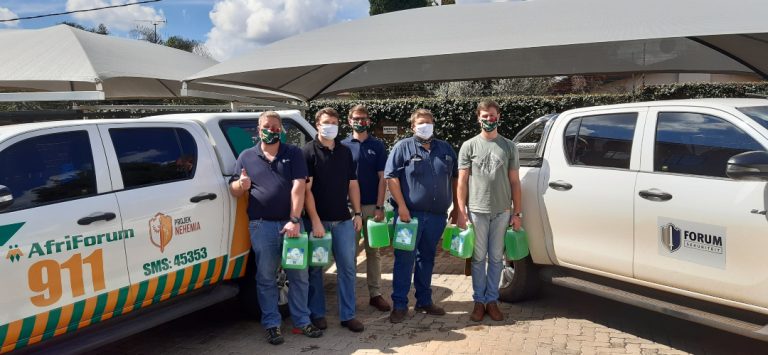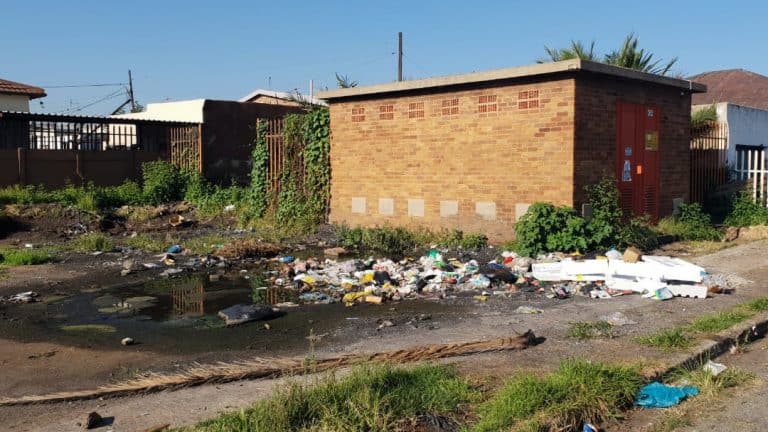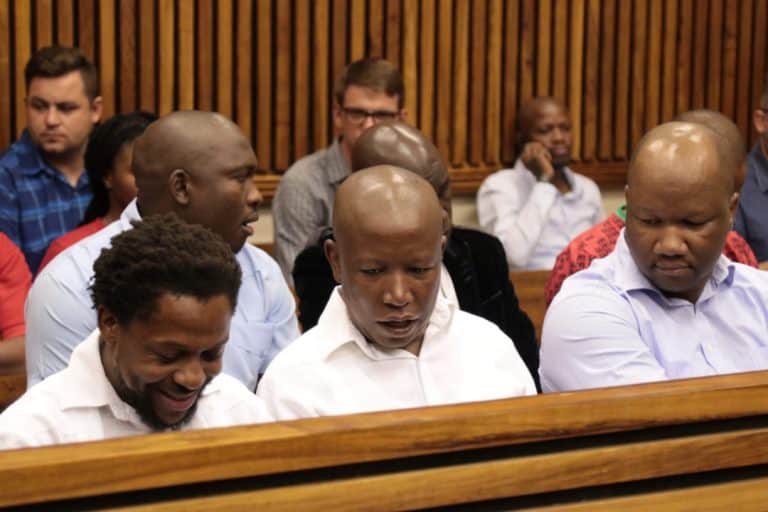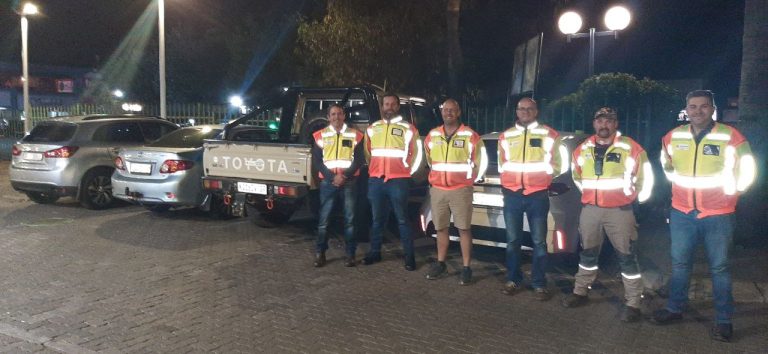Landfill audits: Mpumalanga shows serious municipal decay
The civil rights organisation AfriForum audited 161 landfills nationwide this year as part of their national project to determine the condition of landfills in South Africa.
Only 1 of the 22 landfill sites audited in Mpumalanga met the national standards. Under applicable legislation and regulations, including the National Environmental Management Act: Waste 59 of 2008, a landfill site must meet certain requirements.;;
This is how the landfill sites in Mpumalanga compare:

According to Arlo van Heerden, AfriForum’s District Coordinator for the Lowveld, most landfills in Mpumalanga are in a terrible state. “This can mainly be attributed to the financial problems that municipalities face as a result of misappropriation of funds and corruption.”
“The worst problem AfriForum’s Mpumalanga branches have noticed during this audit is that the Bethal landfill is getting bigger and bigger; it already extends to the R38, the main road between Bethal and Standerton. There are no fences, and recyclers target vehicles on this road. This is a major source of concern as the municipal officials of the Govan Mbeki Municipality are not being held accountable.
“Serious safety issues arise and force people to dispose of garbage illegally. For example, junkyard recyclers target and damage vehicles and, in some cases, even assault people. In areas where the sites are fenced, the fences are broken. Security guards, if there are any, have no defence against the illegal crowd,” says Hennie Bekker, AfriForum’s District Coordinator for the Highveld.
Municipal decay is the order of the day, while smaller municipalities particularly suffer from large-scale mismanagement.
This situation can be attributed to the Department of Forestry, Fisheries, and the Environment (DFO) being controlled by three different spheres of government. The national department only has the power to establish laws, policies, norms, and standards at the national level, but they have no power at the provincial or municipal level. The province reports to the provincial MEC but not to the minister. Cooperative Government and Traditional Affairs (CoGTA) and the DBVO do not communicate, adding another challenge.
Click here and read the full report.



